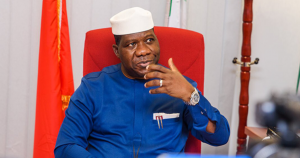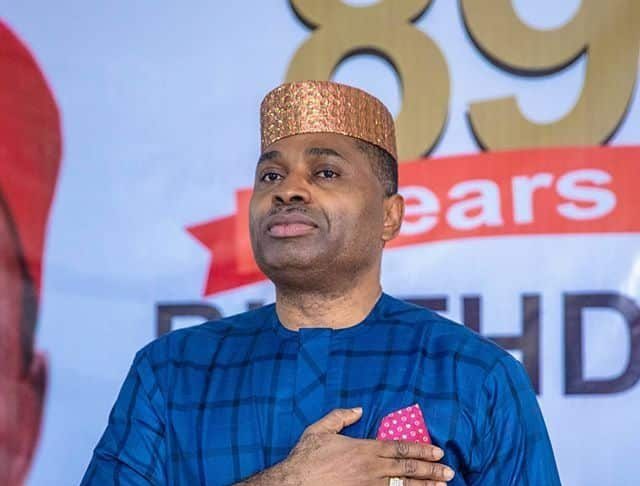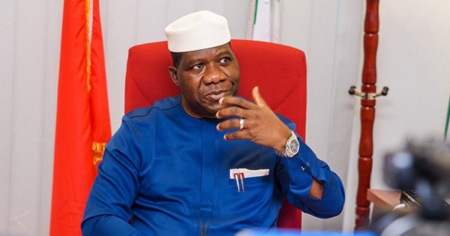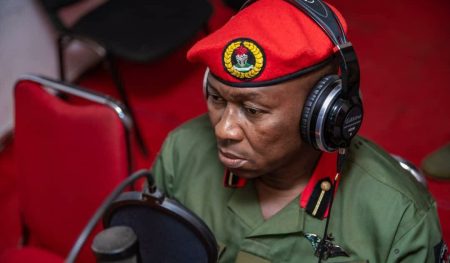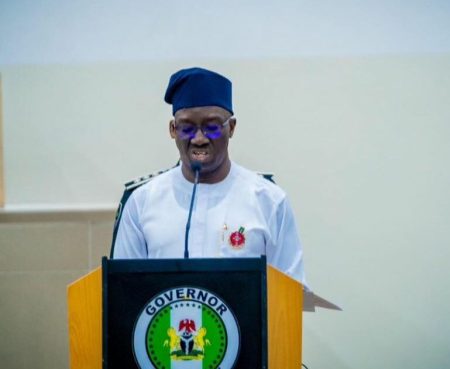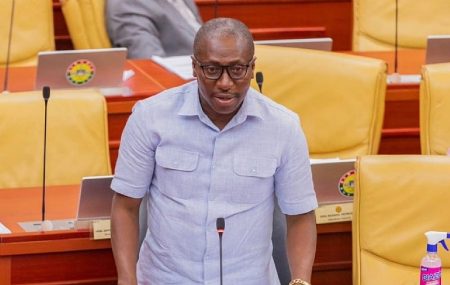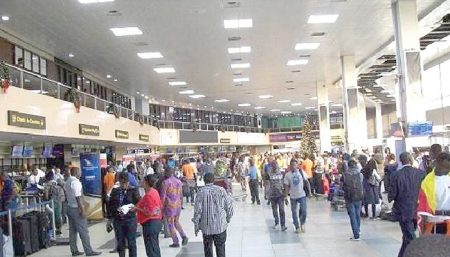Kenneth Okonkwo, a former spokesperson for Peter Obi’s 2023 presidential campaign, has publicly accused Obi of betrayal, sparking a strong reaction from Obi’s allies. Okonkwo’s central claim revolves around Obi’s interaction with the Julius Abure-led faction of the Labour Party (LP). Okonkwo alleges he advised Obi against associating with the faction, warning that their actions were undemocratic and would ultimately damage Obi’s political career. Despite this counsel, Okonkwo claims Obi publicly endorsed the Abure-led group, only backtracking after the Independent National Electoral Commission (INEC) distanced itself from them. This perceived reversal, coupled with Obi’s subsequent neutrality on the matter, formed the basis of Okonkwo’s betrayal accusation. He feels his advice and loyalty were disregarded, leading to a sense of personal and political abandonment.
Obi’s allies, however, have vehemently denied these accusations, painting a different picture of the situation and questioning Okonkwo’s motives. Nana Sani Kazaure, another former spokesperson for the Obi-Datti campaign, challenged Okonkwo’s narrative, drawing parallels to former President Goodluck Jonathan’s decision to concede the 2015 election, prioritizing peace over personal ambition. Kazaure suggested that Obi’s actions, like Jonathan’s, were rooted in a desire to prevent violence and uphold democratic principles, not an act of betrayal. She further implied that Okonkwo’s criticisms stemmed from his current political affiliations and urged him to focus on his own path.
Yunusa Tanko, the National Coordinator of the Obidients Movement Worldwide, a support group for Obi, echoed Kazaure’s sentiments. He dismissed Okonkwo’s claims as a misrepresentation of the facts, emphasizing Obi’s continued commitment to a “new Nigeria” and portraying the accusations as an attempt to derail his political momentum. This framing positions Okonkwo’s comments as a distraction from the larger goal of political reform and change.
Peter Ameh, National Secretary of the Coalition of United Political Parties and a staunch Obi supporter, also weighed in, suggesting a deeper, more complex motive behind Okonkwo’s criticisms. He hinted at ulterior motives, implying that the attacks are not isolated incidents but part of a larger, orchestrated effort to undermine Obi’s credibility. This insinuates a coordinated campaign against Obi, with Okonkwo’s accusations serving as a convenient tool.
The core disagreement lies in the interpretation of Obi’s actions regarding the Abure-led LP faction. Okonkwo views Obi’s initial endorsement and subsequent neutrality as a betrayal of principle and a disregard for his advice. Conversely, Obi’s supporters argue that his actions were driven by a commitment to peace and democratic processes, prioritizing the greater good over factional disputes. They see Okonkwo’s accusations as a distortion of events, motivated by political opportunism or a deliberate attempt to sabotage Obi’s political trajectory.
This clash of narratives highlights the complexities of political alliances and the fluidity of loyalties within the Nigerian political landscape. Okonkwo’s accusations, while serious, are countered by a robust defense from Obi’s camp. The differing interpretations of the same events reveal the subjective nature of political perception and the potential for personal grievances to fuel public disagreements. The incident also underscores the challenges of maintaining unity within political movements, particularly in the aftermath of electoral contests. The fallout from the 2023 presidential election continues to shape the dynamics within the Labour Party and the broader political sphere, with accusations and counter-accusations adding to the ongoing narrative of political realignment and shifting allegiances.




